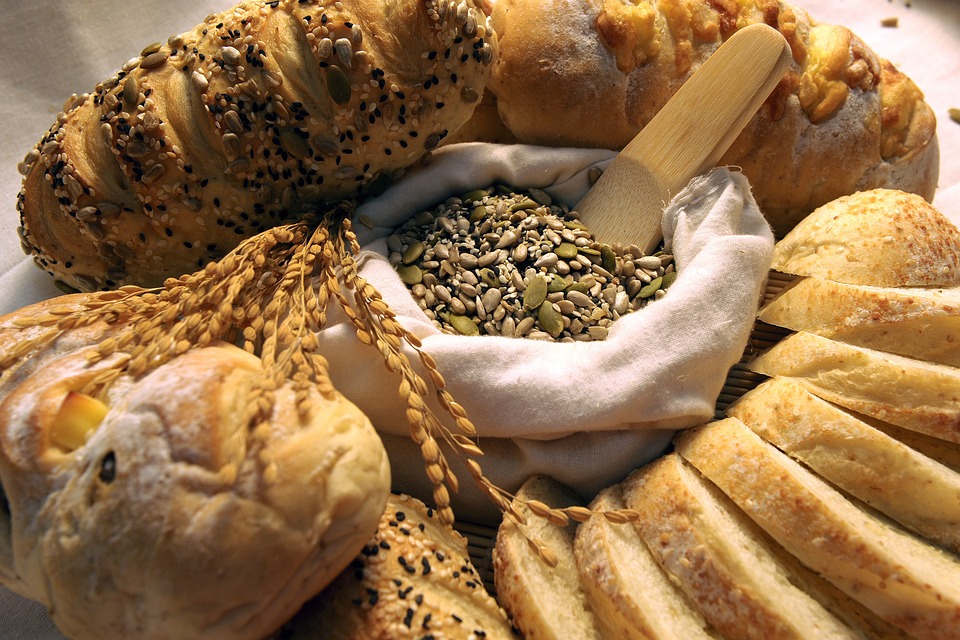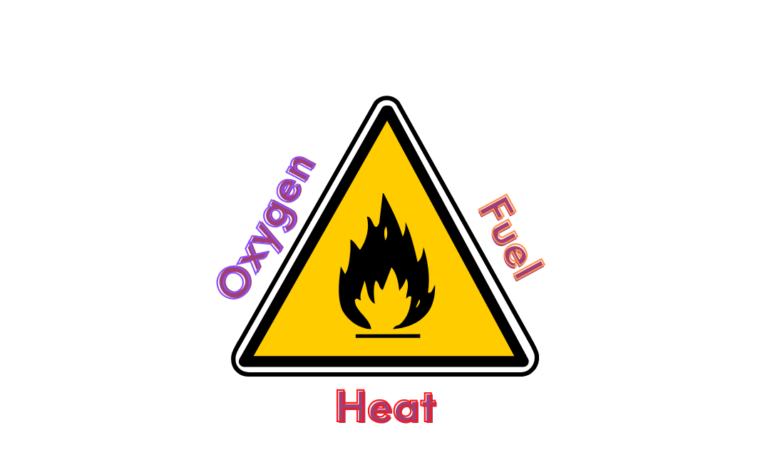What exactly is a balanced diet?
A well-balanced diet provides enough amounts of key nutrients and fiber.
Unfavorable circumstances as a result of a lack of a balanced diet
1. The body does not grow enough (or grows excessively).
2. Infectious and noninfectious illnesses are easily transmitted.
3. Become sluggish and lethargic.
4. Suffering from deficient disorders.
There are five primary nutrients that may be found in foods, each in varying levels.
There are five primary nutrients that are necessary for the proper functioning of our bodies and should be obtained from the food that we consume. The most fundamental requirements for life are oxygen, water, and nourishment. These three things cannot be done without.
- Carbohydrates
- Proteins
- Lipids
- Vitamins
- Minerals
In addition to the nutrients described above, the diet should also include an adequate quantity of water and fiber. Let’s talk about the many kinds of nutrients and the kinds of food that they include.
Carbohydrates
Sugar and starch are the two forms of carbohydrates that enter our bodies when we eat. They are a source of fuel for our body.
Importance of Carbohydrates for our body
Carbohydrates are one of the body’s primary sources of fuel. Many different foods include them, including cereals, fruits, vegetables, and dairy products. Carbohydrates serve various critical functions in the body, including:
- Providing energy: Carbohydrates are the body’s principal source of energy, especially for the brain and muscles.
- Carbohydrates are broken down into glucose (a simple sugar) in the body and used as a source of energy or stored as glycogen in the liver and muscles.
- Maintaining brain function: Because the brain uses glucose for energy, a lack of carbs can impair brain function.
- Carbohydrates can aid increase physical performance by giving energy to the muscles during exercise.
- Carbohydrates may help with immune function by supplying fuel for immune cells, according to some research.
- It is critical to eat a well-balanced diet rich in carbs as well as other nutrients like protein, healthy fats, and vitamins and minerals. The recommended daily carbohydrate intake varies depending on age, gender, and activity level, but a good rule of thumb is to acquire 45-65 percent of daily calories from carbohydrates.
Proteins
Both plant foods and foods derived from animals (meat, fish, milk, eggs) are sources of proteins. Their primary functions are those of growth and repair.
Importance of proteins for our body
Proteins are essential nutrients that serve a variety of functions in the body. Proteins perform a variety of important roles, including:
- Proteins are a major component of cells, tissues, and organs, and they are required for their structure and function. They are also engaged in tissue healing and maintenance.
- Enzymatic reactions: Many enzymes, which are proteins that catalyze chemical processes in the body, necessitate the presence of specific proteins in order to function effectively.
- Hormone production: Many hormones are proteins, which are chemical signaling molecules that regulate numerous biological functions.
- Proteins such as hemoglobin and transferrin move chemicals throughout the body such as oxygen and iron.
- Immune function: Proteins such as antibodies aid in the body’s defense against infection and disease.
It is essential to take enough protein in your diet to maintain your body’s needs. Protein intake varies by age, gender, and activity level, but a basic rule of thumb is to take 0.8 grams of protein per kilogram of body weight. Meat, poultry, fish, dairy products, beans, and nuts are examples of protein-rich diets.
Lipids
Lipids are a type of nutrient that supply the body with a significant quantity of energy. Lipids contain fats and oils.
Plants are the most common source of oils that are liquid at room temperature. Animals have a very high concentration of fats that are solid at room temperature. The provision of energy for the organism is the primary role that lipids play in the body.
Importance of lipids for our body
Lipids, commonly known as fats, are a type of food that plays numerous roles in the body. Lipids perform a variety of important roles, including:
- Lipids are a concentrated source of energy and the body’s major fuel source during periods of rest or low-intensity activity.
- Insulating and protecting organs: Lipids aid to protect organs and tissues by providing insulation and cushioning.
- Carrying and storing fat-soluble vitamins: Lipids are required for fat-soluble vitamin absorption and transport, such as vitamins A, D, E, and K.
- Hormone regulation: Lipids have a role in the generation and regulation of hormones, which are chemical signaling molecules that regulate a variety of biological activities.
- Lipids are an important component of the brain and play a role in brain development and function.
- It is essential to ingest a variety of lipids in the diet, including both saturated and unsaturated fats. The recommended daily fat intake varies according to age, gender, and activity level, but a good rule of thumb is to ingest 20-35 percent of daily calories from fat. Lipids are found in many different foods, including meats, dairy products, nuts, seeds, and oils.
Vitamins and minerals
Although just trace amounts are needed, vitamins and minerals are nonetheless considered to be extremely important for our bodies. This category of foods helps keep us healthy and wards off illness. As a result, they provide a protective function and are essential for ensuring that one remains in good health.
Facts on vitamin
- Vitamins are required for normal physiological function.
- A, C, D, E, K, and the B vitamins are needed for humans (thiamine, riboflavin, niacin, pantothenic acid, biotin, vitamin B-6, vitamin B-12, and folate).
- Fat-soluble or water-soluble vitamins. Fat-soluble vitamins (A, D, E, and K) are stored in fatty tissue and the liver, while water-soluble vitamins (C and the B vitamins) must be ingested regularly.
- Anemia, tiredness, and weak bones can result from vitamin deficits.
- Vitamins and minerals are best obtained through a balanced diet, not pills. Pregnant women and others with specific illnesses may need supplements.
- Vitamins, especially fat-soluble vitamins, can be overdosed, therefore consult a doctor before taking any supplements.
Vitamin and it’s Functions
Vitamin A
Enhance the perspective, Ensure that your skin and hair are in good health.
Vitamin B
Improves one’s memory skills, Bring on the energy
Vitamin C
Keep your gums in good health. Improve the resistance it possesses.
Vitamin D
Formation of bones and teeth, avoid having your teeth rot away.
Vitamin E
Maintain cell division
Vitamin K
Take part in the process through which the blood clots.
Minerals
Minerals are necessary nutrients required by the body in trace levels.
There are many different types of minerals, including macro minerals (such as calcium, phosphorus, and magnesium) and trace minerals (such as iron, zinc, and copper).
Minerals play important roles in the body, including helping to build strong bones and teeth, carrying oxygen through the body, and maintaining the balance of body fluids.
It is generally best to obtain minerals through a varied and balanced diet, rather than relying on supplements. However, some people may need to take supplements, such as pregnant women and those with certain medical conditions.
Some minerals, such as iron and calcium, are more likely to be deficient in the diet, while others, such as copper and selenium, are only needed in very small amounts.
It is possible to overdose on minerals, especially if taken in the form of supplements, so it is important to speak to a healthcare provider before starting any supplement regimen.
Mineral and its Functions
Calcium (Ca)
Maintain healthy teeth and bones. When injuries occur, blood clots with the aid of calcium.
Phosphorus (P)
Keep your teeth and bones in good condition, and keep your muscles in good shape.
Iron (Fe)
For the formation of haemoglobin, which is essential for the delivery of oxygen in blood.
Sodium (Na)
Sodium is required for the process of nerve impulse transmission
Iodine (I)
The enhancement of mental capacity and retentive abilities, the production of the hormone known as thyroxine
Importance of fibre
The term “fiber” refers to the part of the food that is fibrous. It is possible to see some of the fiber that is contained in food with the naked eye. But some are miniscule.
Food rich in fiber
1. Unpolished food
2. Fruits
3. Vegetables (Carrot, Cabbage, Potato, Bean, Radish, Luffa)
4. Cereal/Grains
Advantages of having food rich in fiber
- Decrease the amount of fat that is absorbed by the body from the food that you eat.
- Reduce the amount of sugar (glucose) that is absorbed by the body from the food you eat.
- Take measures to avoid experiencing constipation and to lower the likelihood of developing diseases such as piles.
Importance of water
To some extent, we are offered water together with our meals. But in order to keep our bodies functioning properly, we need to consume a certain amount of water. The primary functions of water in the body are to maintain a normal body temperature, provide a medium for cellular interactions, facilitate the effective removal of excretory products from the body, and maintain regular bowel movements.
In order to stay alive and healthy, your body needs water. There are a number of essential functions that can’t be performed without water, such as:
- Water aids in the regulation of body temperature through sweating and respiration.
- Water is an important component of blood, which delivers nutrients and oxygen to cells throughout the body.
- Water is used in the process of eliminating waste and toxins from the body via urination and excrement.
- Water aids in the lubrication and cushioning of joints as well as the protection of body tissues.
- Water aids digestion by breaking down food and making it easier to digest.
- Water aids in the hydration and health of the skin.
- It is critical to drink enough water to be hydrated, which is necessary for the body to function correctly. Dehydration can cause a variety of health issues such as fatigue, headaches, and constipation.








